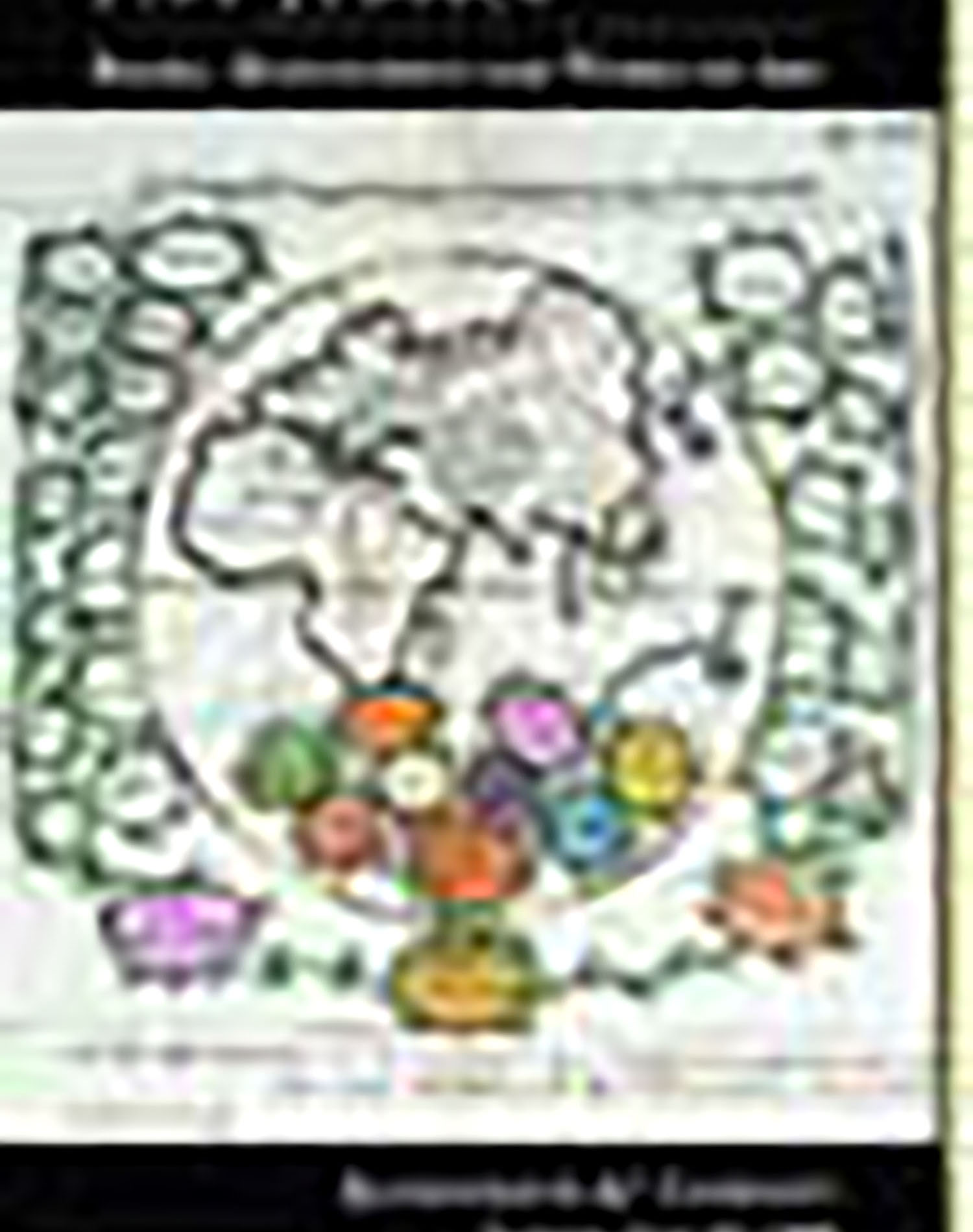PSALMS). Seder Tehilim.

AUCTION 5 |
Tuesday, June 23rd,
1998 at 1:00
Fine Judaica: Books, Manuscripts and Works of Art
Lot 38
(BIBLE, Hebrew
PSALMS). Seder Tehilim.
Prague: n.p. 1621
Est: $15,000 - $20,000
PRICE REALIZED $24,000
A Crisp copy of an Entirely Unknown Hebrew Psalter, Prague 1621.
A highly intriguing volume which by way of binding, typography, type-ornament and provenance raises many as yet unanswered bibliographic questions.
Provenance: Title-page with inscription (upside-down) of the Order of Jesuits in Olomouc (i.e. Olmütz), Czechoslovakia, 1739.
From the onset of Hebrew printing in Prague in 1512 until the middle of the 17th-century this is one of just a handful of Hebrew books printed in this small 16mo format. Not recorded in the detailed study by B. Nosek, Katalog ausgewählter hebräischer Drucke Prager Provenienz I-II in: Judaica Bohemiae vols. X,1 & XI,1 (1974-75). Similarly unknown to Otto Muneles, Bibliographical Survey of Jewish Prague (1952), nor all other bibliographies.
The Psalter was most probably printed by either Abraham ben Shimon (Lemberger) or Moses ben Joseph Betzalel Katz. What is of particular interest, is the final leaf (f.79). On the verso, a second title-page appears with precisely the same type, lay-out and decorative border used for the first title, only changing the title-word “Tehilim” into “Ma’amadoth.” This is followed by some 50 blank leaves of contemporary paper. A Prague Ma’amadoth edition of 1621 is entirely unknown. Perhaps this is a case of erroneous calculation and imposition, or rather this portrays the only remaining evidence of a project that never reached fruition. It is known that in the history of Hebrew printing in Prague, Jewish printers suffered much under Jesuit censorship. And yet this volume formed part of the library of an early 18th-century Jesuit Order.
With acknowledgment to Dr. A.K. Offenberg, Bibliotheca Rosenthaliana, Amsterdam, who studied this text.
